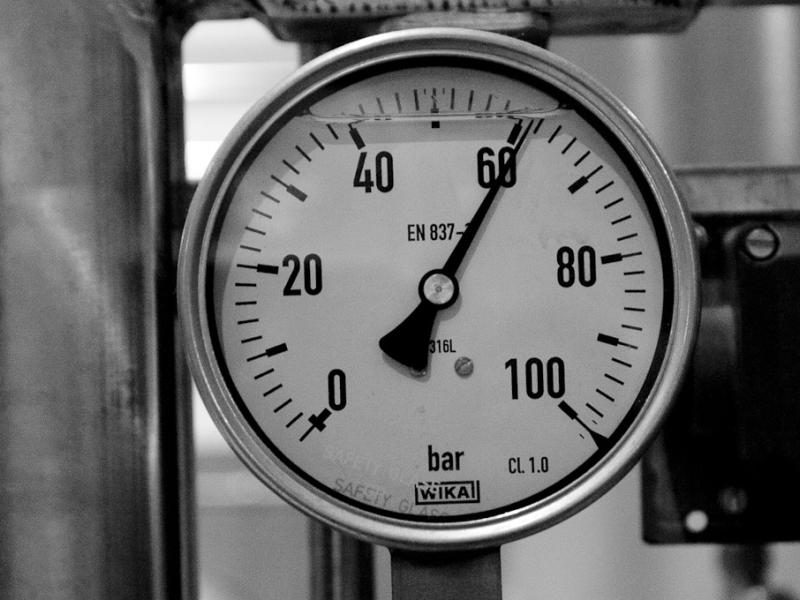In the second phase of the Research Campus MODAL, the former MODAL GasLab broadens its interest towards the integration of renewable power fuels such as hydrogen and Power2Gas technologies.
The energy turnaround in Germany and the envisaged global transition from an energy supply dominated by fossil fuels to CO2-neutral energy supply present transport system operators of energy networks with new challenges. More and more decentralized and often small-scale energy producers are to be integrated into the transport networks. In this context, considerable distances of several 100 km may have to be covered between the energy feed-in, for example, at LNG terminals at the North Sea and the final consumption in the southern German industry. Today, 62 Power2Gas plants are already in operation in Germany, converting surplus electricity from renewable energy sources into methane or hydrogen during electricity peaks. Further plants with higher conversion capacities are planed. The potential that hydrogen offers as a flexible, regenerative, and storable energy carrier leads to new transport tasks. Initially, hydrogen will be added to the natural gas transport networks. In the medium to long term, pure hydrogen transport networks have to be developed.
The coupling of the energy sectors' electricity, heat, and transport is increasing, with the demands on the flexibility of the transport networks. The security of supply must be ensured at all times, i.e., all transport requirements have to be fulfilled.
At the same time, investment costs for the expansion of critical infrastructure and operating costs must be minimized. To meet these challenges, energy network operators need mathematically optimized recommendations for action that support both the planning of investments in network expansion and the efficient operation of the networks. This is the task of the EnergyLab on the MODAL research campus.
